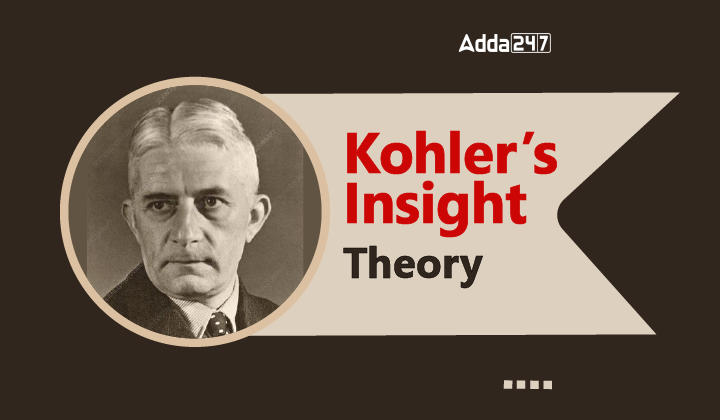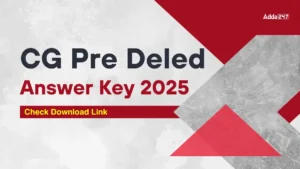Table of Contents
Köhler’s Insight Theory, a significant concept in child pedagogy, underscores the role of sudden insights in problem-solving. By presenting children with challenges that encourage holistic thinking and creative exploration, educators can foster critical thinking and problem-solving skills. This approach goes beyond traditional trial-and-error methods, allowing children to reorganize their perceptions and mental representations to arrive at solutions. In subjects like mathematics, educators can present complex problems that prompt “aha!” moments, promoting deeper understanding and cultivating skills vital for lifelong learning.
Learning by Insight Theory
Wolfgang Kohler, postulated the theory of learning by insight. This gestalt theory is based on the concept. of “whole is meaningful than sum of its parts”. Similarly, learning is taking place not as a part but as a whole.
Insight is learning that appears to occur in a flash and that involves the solving of a problem. It is a form of problem solving that appears to involve the (often sudden) understanding of how elements of situation are related or can be recognized to achieve a solution (Wade, 1998).
Kohler’s Experiment
Kohler (1925) put a chimpanzee inside a cage. A bunch of bananas was hung from the roof of the cage. A box was placed inside the cage. The chimpanzee tried to get the bananas by jumping but could not get them due to height. The chimpanzee finally used the box placed below the hanging banana and climbed on the box and got the bananas.
In another experiment, the chimpanzee required two or three boxes to reach the banana. The chimpanzee namely Sultan was able to learn placing of one box on the other and succeeded in getting the banana.
In another experiment, a bunch of bananas was kept outside the cage. Two’ sticks were placed inside the cage. After several trials, the animal joined the two sticks and pulled the bananas in with a stick.
Characteristics of Insight Learning
- Insight is the sudden grasping of the solution to a problem.
- Insight alters the perception of the essential relationships in the total situation.
- Insight is facilitated by the previous experience.
- Insight is related to intellectual ability of the learner.
- Insight learning involves understanding and reasoning about the problem.
- Insight poses alternative mode of trial suddenly to solve the problem.
Steps in Insight Learning
According to Kohler certain steps are involved in learning which are discussed below:
- Identifying the problem. The motivated Teamer identifies the problems involved in attaining the goal.
- Initial efforts. Initial efforts are in the form of simple trial and error mechanism.
- Incubation of ideas. It involves a period of hesitation or pause’ towards the problematic situation. During this period, the mind keeps the task alive.
- Insight development. A flash of lightening comes in mind to solve the problematic situation.
- Repetition and Generalisation. After obtaining an insightful solution to the problem the individual applies it in another situation which requires a similar type of solution. The individual generalizes that similar problems require the same type of solution.
Educational Implication of Kohler’s Theory
The following are the educational implications of Kohler theory of insight learning:
- The teacher should present the concept as a whole to facilitate insight learning.
- The theory focuses on the motivational part also. So the teacher should try to arouse the motivation among the learners to learn.
- The theory observes that understanding is essential for solving the problem. The teacher should encourage the students to understand the task by avoiding role learning and mere mechanical repetition.
- The intellectual capacity of learners is also contributing to insightful learning. The learning tasks are to be graded based on the intellectual capacity of the children.
- The theory advocates the child – centred approach in teaching learning.
- The theory takes into consideration of individual differences in learning. Based on the psychological approach, the learning tasks are to be arranged.
- The teacher should develop reasoning power and capacity of discovery of new facts among the learner without spoon feeding and transmitting of bookish knowledge.
Download Kohler Insight Theory Study Notes PDF



 MP TET Varg 3 Notification 2025 Out, Che...
MP TET Varg 3 Notification 2025 Out, Che...
 CG Vyapam Pre Deled Final Answer Key 202...
CG Vyapam Pre Deled Final Answer Key 202...
 CG Vyapam Pre DElEd Result 2025 Out, Dir...
CG Vyapam Pre DElEd Result 2025 Out, Dir...




